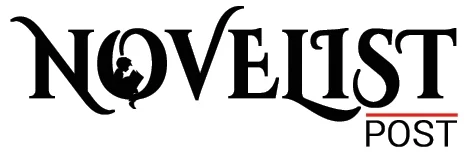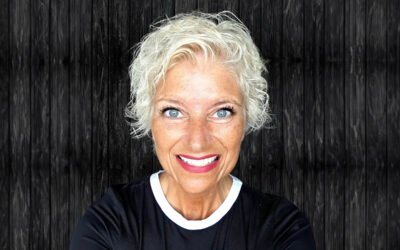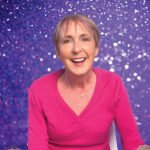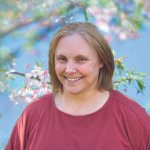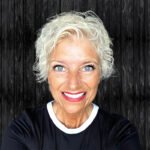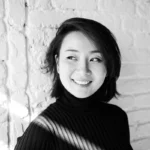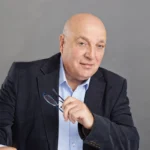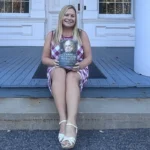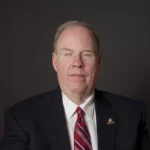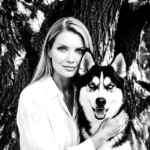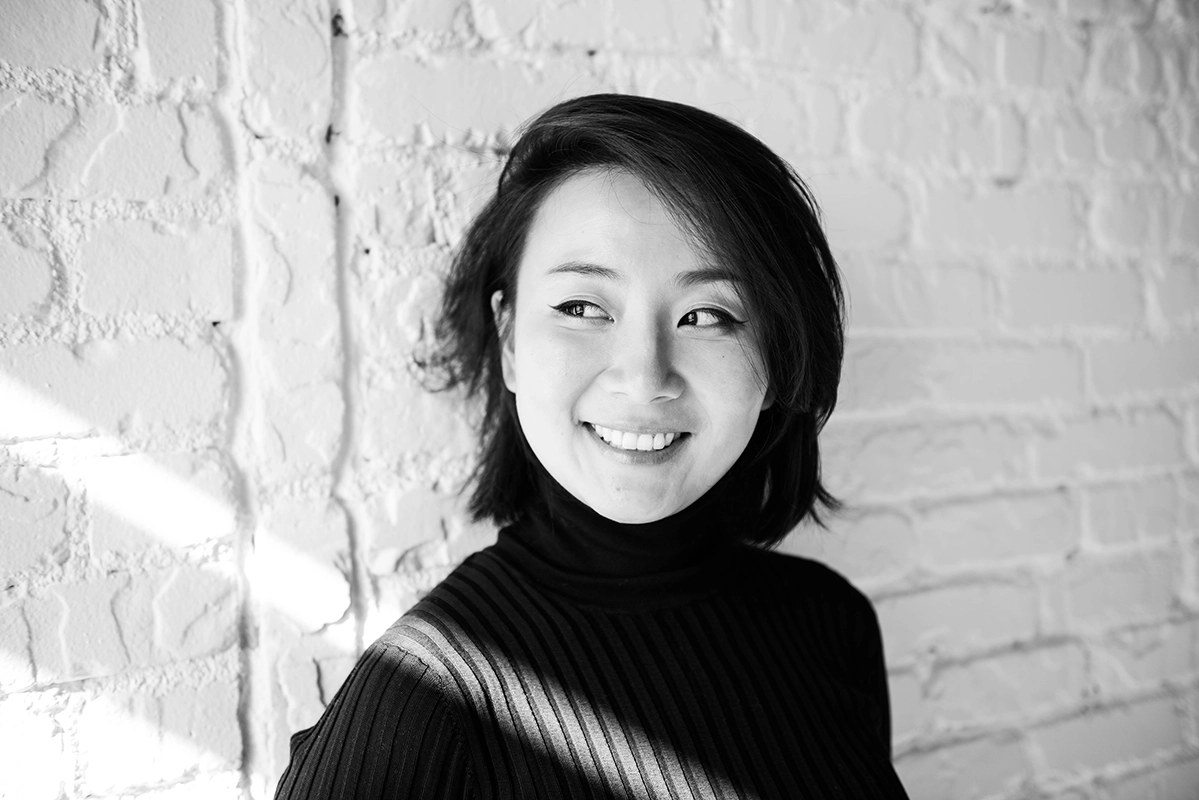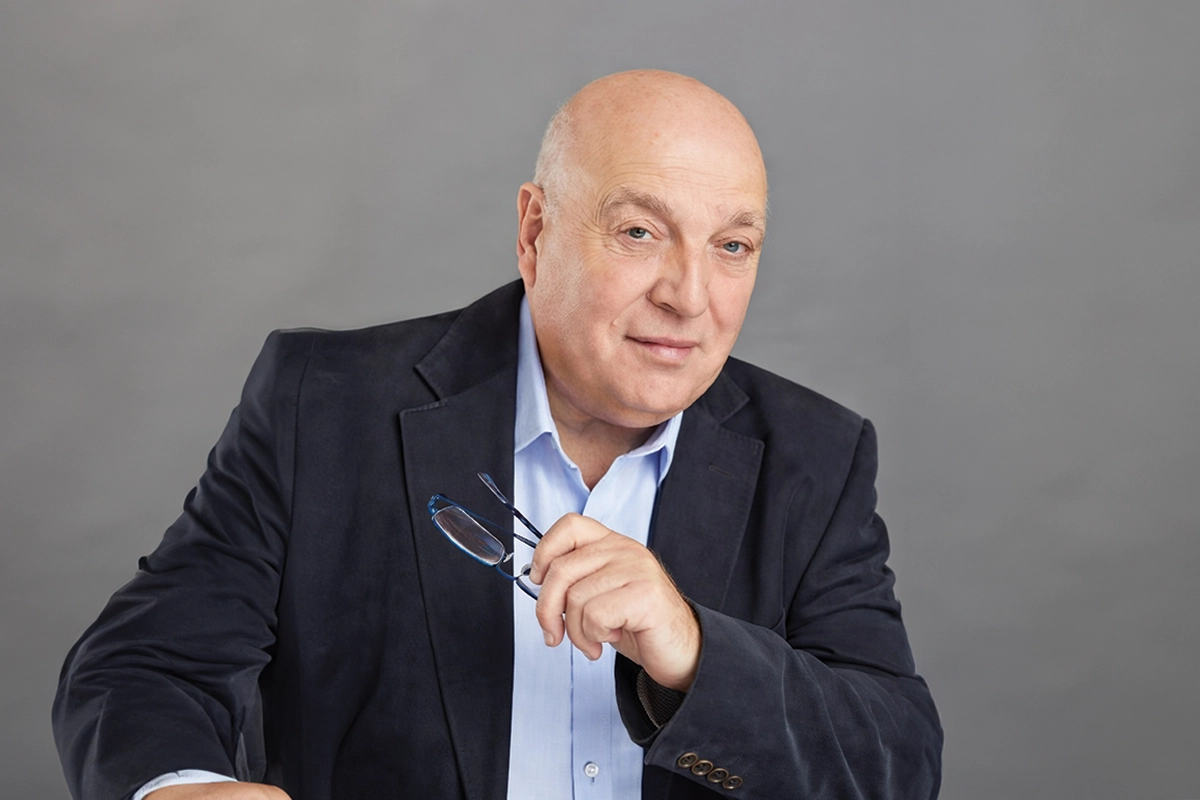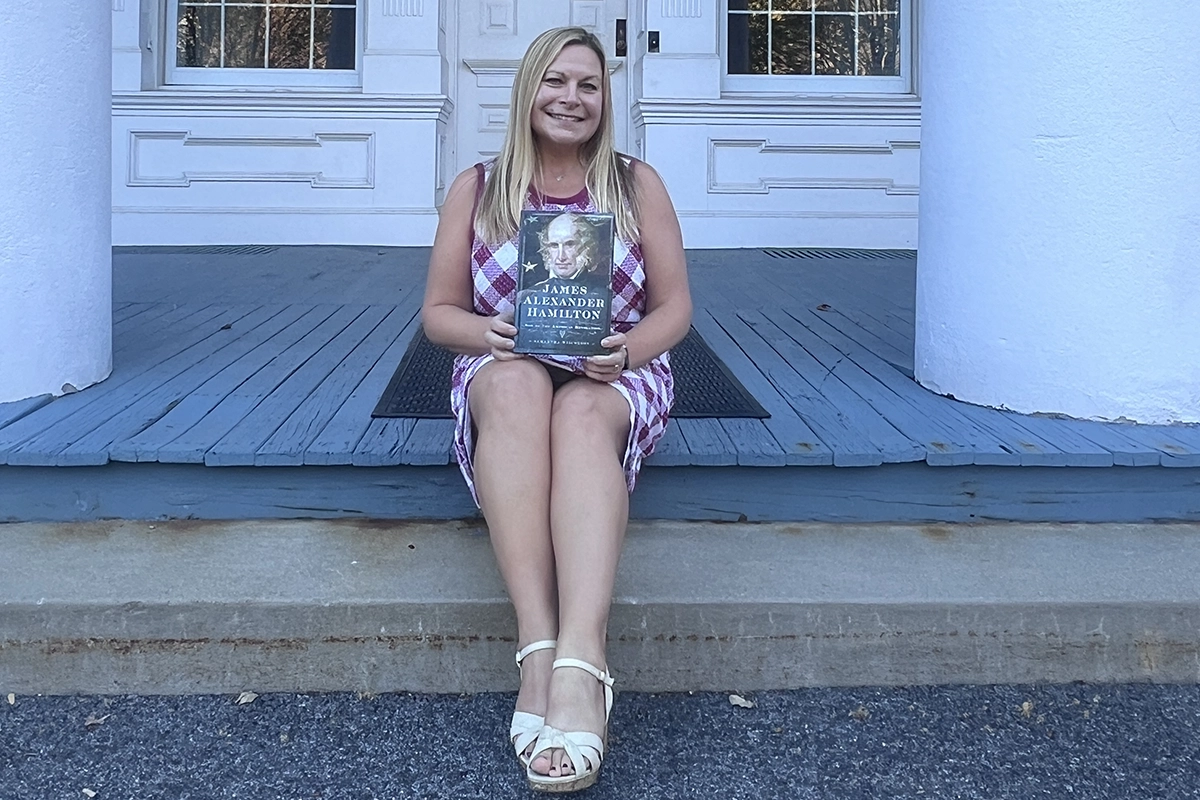Karen Bao Blends Neuroscience and Storytelling to Challenge Injustice and Ignite Imagination
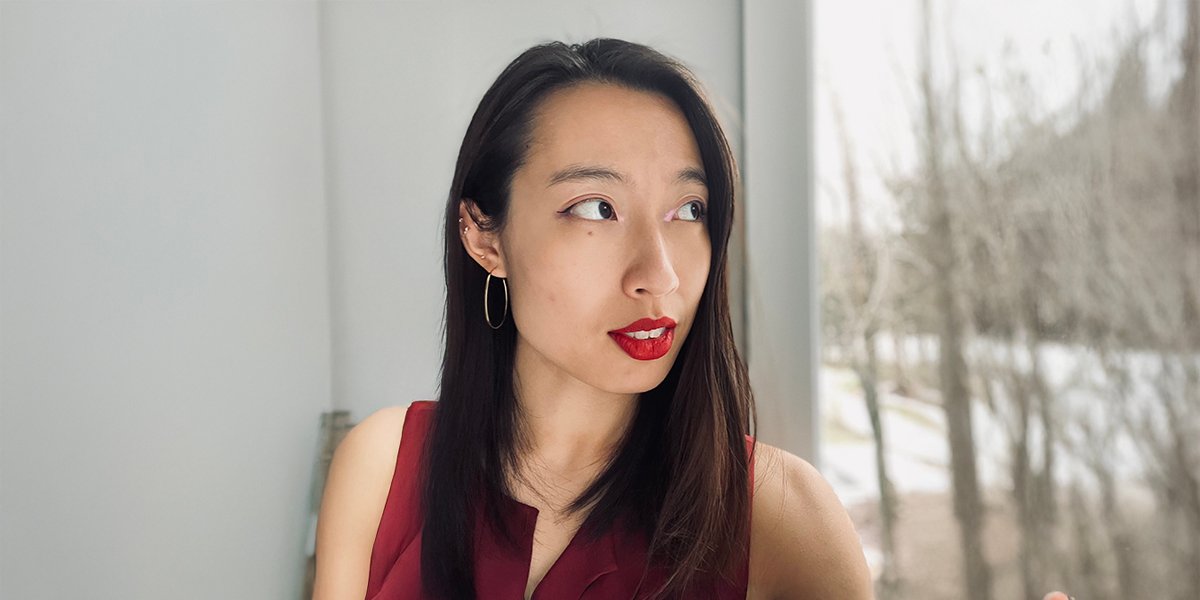
PHOTO: Author Karen Bao brings her scientific expertise and powerful voice to the world of young adult fiction, inspiring readers through science and storytelling.
Exploring Science, Identity, and Resilience Through Fiction
Karen Bao discusses how her neuroscience background, cultural identity, and mental health experiences shape her science fiction, offering readers thrilling, thought-provoking stories grounded in reality and emotional truth.
Karen Bao is a rare force in the literary world—an author who doesn’t just write about science but lives it, breathes it, and experiments with it, both in the lab and on the page. Her background as a neuroscientist, combined with her gift for storytelling, gives her work a depth and authenticity that’s as intellectually compelling as it is emotionally resonant. Whether she’s deconstructing oppressive systems on the moon or weaving murder mysteries infused with chemistry and code, Bao delivers stories that are as smart as they are subversive.
In Pangu’s Shadow, Bao crafts a sci-fi mystery with razor-sharp insight and vivid imagination, building a futuristic world that feels startlingly real. Her acclaimed Dove Chronicles series introduced readers to Phaet Theta, a protagonist who challenges tyranny without uttering a word—testament to Bao’s belief in quiet strength and resistance. Through every novel and short story, she brings her fierce intellect and unapologetic voice to the forefront, exploring identity, injustice, and the sheer wonder of scientific discovery.
We are thrilled to feature Karen Bao in this issue of Novelist Post, where she speaks candidly about the intersections of science and storytelling, the power of representation, and how curiosity—both intellectual and creative—drives everything she does.
A bold, brilliant voice in YA science fiction, Karen Bao fuses intellect and empathy to craft stories that deeply resonate.
How has your background in neuroscience influenced your approach to writing science fiction?
As a totally unbiased scientist (heh), I think the scientific method is the best way to solve your problems. Especially if you get blamed for murdering your boss (ie. PANGU’S SHADOW). Including science factoids and chemical reactions to get my characters out of sticky situations is also fun.
But more importantly, I was a queer Asian woman getting a PhD in neuroscience at an “elite” university. My science fiction reflects the inequities and harassment I faced while also showing the joy I experienced and pride in my identity. See: Jaha, the murdered professor’s long-suffering wife who’s better than him at science but got stuck being his lab admin…because she’s an immigrant woman. After identifying the real culprit at the end of the book, I’d love for readers to see that anyone can become a scientist – or a writer, for that matter. I hope they follow their curiosity and know that they belong wherever it leads them.
What inspired you to create the world of Phaet Theta and the Lunar Bases in the Dove Chronicles?
In high school, I learned about my family’s experiences during the Cultural Revolution, which included my grandfather’s imprisonment at a labor camp in Inner Mongolia. So I took “fascism-backed-by-pseudoscience” and put it on the moon, and wrote a main character (Phaet) who has to take it all down without using her voice.
But just because I subtly flamed 1970s China doesn’t mean I let the West’s problems slide in any of my other books. Science fiction is supposed to make us see the real world in a different, potentially more palatable light.
“The scientific method is the best way to solve your problems. Especially if you get blamed for murdering your boss.” — Karen Bao
Can you share some of the challenges you faced when switching between scientific research and creative writing?
The only real problem I had was that one professor during my Ph.D. discouraged my writing career, but that’s mainly because he’s the kind of guy who threatens international students by messing with their visas unless they work 60+ hour weeks. I did most of my Ph.D. on the computer, so I got carpal tunnel at one point. Use ergonomic work setups and kneeling chairs, kiddos.
What drew you to contribute to the YA mental health anthology Ab(solutely) Normal?
Like many humans, I’ve struggled with my mental health. Rocky Callen and Nora Shalaway Carpenter, who edited the anthology, made it clear they loved my previous writing and valued my take on the subject. Writing “A Bridge Over Silence” was a great opportunity to express my love for music and spotlight the challenges many Asian American girls face, including fetishization outside of our communities and a lack of knowledge about mental health within them.
In Pangu’s Shadow, how did you balance creating a gripping murder mystery with the scientific worldbuilding?
Ver and Aryl doing science is integral to solving the mystery. Everywhere my characters went, I asked myself “How can I make this futuristic and cool?” They take a train that moves through vacuum, without air resistance, inspired by today’s Chinese high-speed rail. They run into an artificial hand and talk to the A.I. managers who keep their dorm rooms tidy.
And, no spoilers, but the “solution” to the murder spotlights a lot of people’s concern with data privacy, A.I., and automation.
“Teens have always needed to see themselves and their mental health conditions in books.” — Karen Bao
How do your hobbies like playing the violin and tending plants feed into your creative process?
Playing violin and singing keeps my ears happy. Growing plants keeps my eyes and my nose happy. Generally, everything you do besides writing helps you accumulate knowledge of the real world. And more knowledge = better, more interesting stories.
What role does mental health representation play in your storytelling, especially in your young adult works?
I’m working on another sci-fi mystery where mental health is integral to the story. Teens have always needed to see themselves and their mental health conditions in books. Having had a smorgasbord of mental illnesses myself, I see it as a privilege to responsibly contribute here.
How do you keep your writing fresh and exciting when moving between different genres and projects?
I don’t write when I don’t feel like it, especially when not on deadline. I’m fortunate to have a great day job teaching academic writing to STEM Ph.D. students at Harvard; reading their writing and coaching their presentations means I have a constant stream of new ideas.
“If you get writer’s block, it’s because something in the plot isn’t working… Life will often give you the answer!” — Karen Bao
Which character you’ve written do you feel most personally connected to, and why?
Probably Phaet Theta and her quiet, repressed dignity in DOVE ARISING. She was with me the longest.
What advice would you give to new authors trying to balance a demanding career with writing fiction?
Your career is a writing asset, even though it takes up a lot of your time. You are seeing a side of the world most people don’t see, and they might be curious about that. In your books, illuminate that for them.
Find time to write in the most unexpected places. While waiting for a sample to soak in lab, set a timer and write. I’ve had to write on evenings and weekends. During those times, I treat my writing like a hobby and treat it like…a treat. If I didn’t, I’d burn out.
Write when you feel like it and don’t force it. If you get writer’s block, it’s because something in the plot isn’t working or isn’t interesting or doesn’t resonate with you. Go to work for a while and observe the people there. Or go have a picnic with your friends. Think about your writing problem in the background. Life will often give you the answer! This method hasn’t failed me yet.
